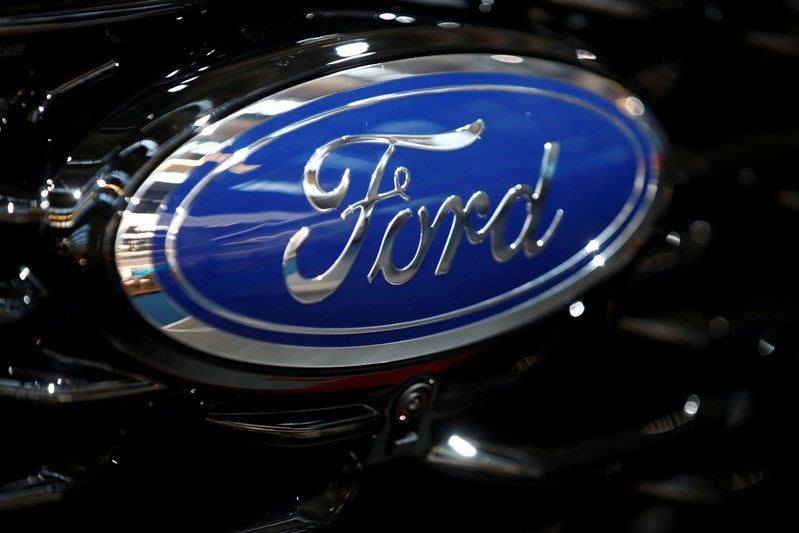
DETROIT (Reuters) – The United Auto Workers union said on Friday that rank-and-file members at Ford Motor Co <F> have voted in favor of a new four-year labor contract with the No. 2 U.S. automaker.
The UAW will now focus on Fiat Chrysler Automobiles (FCA) <FCAU>, the sole remaining Detroit automaker without a new labor contract. Talks with FCA are expected to begin on Monday, a UAW spokesman said.
The union said 56.3% of Ford’s hourly workers voted to approve the deal, which allowed the company to avoid a strike like the one that cost its larger rival General Motors Co <GM> about $3 billion (£2.3 billion).
UAW leaders said earlier this month that Ford under the deal agreed to invest more than $6 billion in its U.S. plants, and to create or retain more than 8,500 UAW jobs.
The deal also includes pay raises and lump-sum payments over the life of the contract, a pathway to full-time employment for temporary employees and unchanged healthcare coverage.
Workers at GM approved a deal in late October that ended a contentious 40-day U.S. strike, the longest automotive labor stoppage since 1970.
Detailed terms of the Ford deal – released just a week after GM workers approved their new contract – echoed those agreed to with GM, as the union typically uses the first deal as a template for those that follow.
UAW leaders managed contract negotiations with Ford and GM, including the lengthy strike, while struggling with an ongoing federal corruption probe.
To date, 10 people have pleaded guilty in connection with the criminal investigation into illegal payoffs. Just last week former UAW vice president and former GM board member Joseph Ashton was charged with conspiracy to commit money laundering and wire fraud.
Earlier this month the UAW said that its president, Gary Jones, who had been linked to the ongoing corruption probe, was taking a leave of absence.
Rory Gamble, the union’s acting head, said last week he will examine every department of the union in response to the spreading federal corruption probe to prevent future misuse of members’ dues.
(Reporting by Nick Carey and Ben Klayman in DetroitEditing by Matthew Lewis and Cynthia Osterman)
